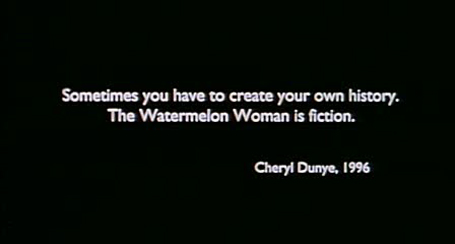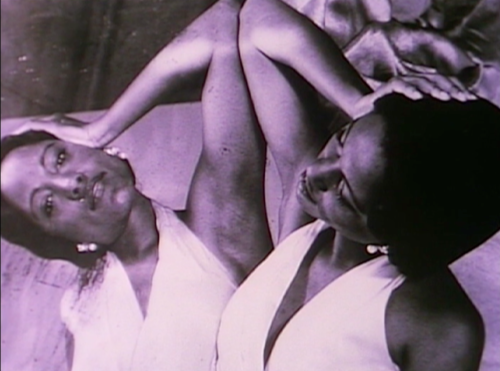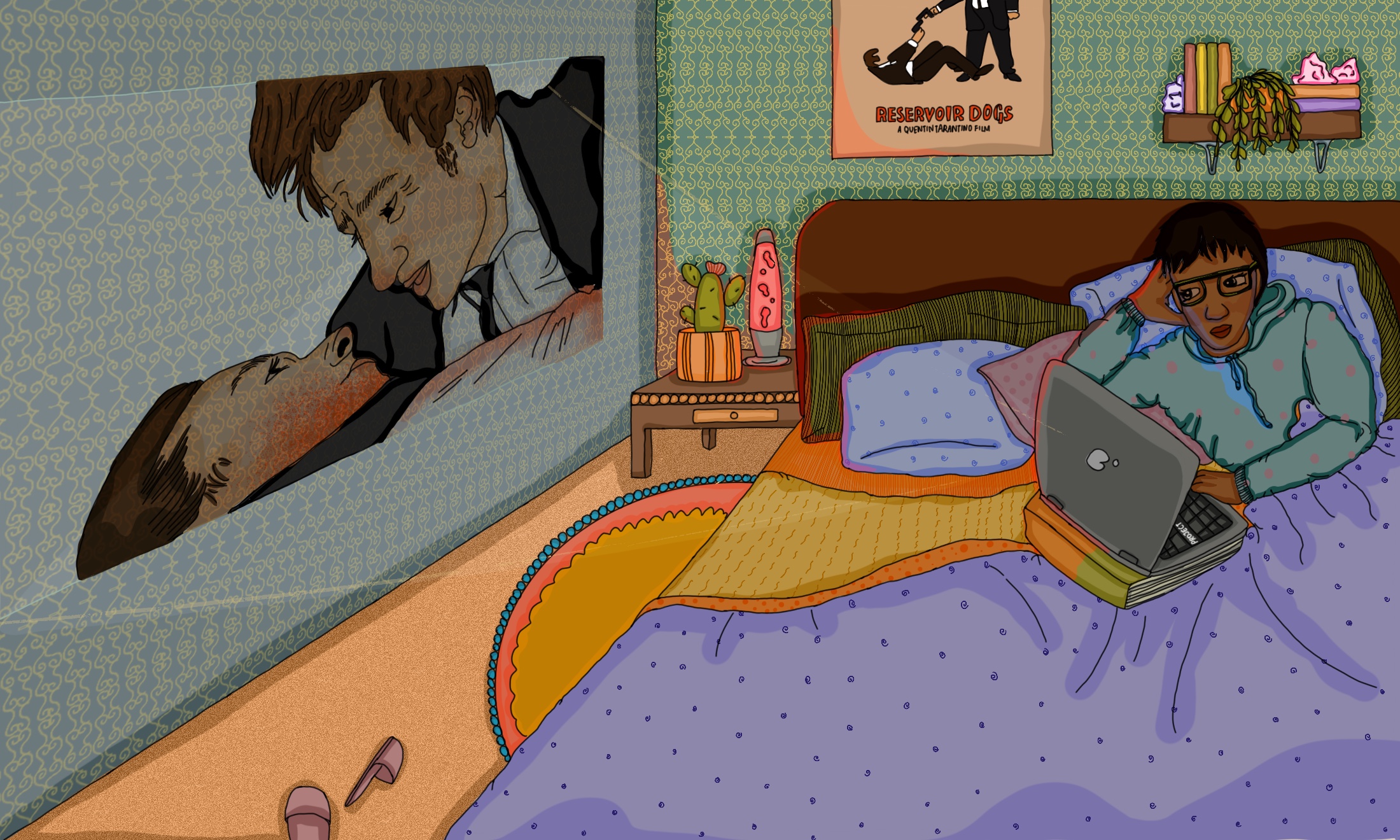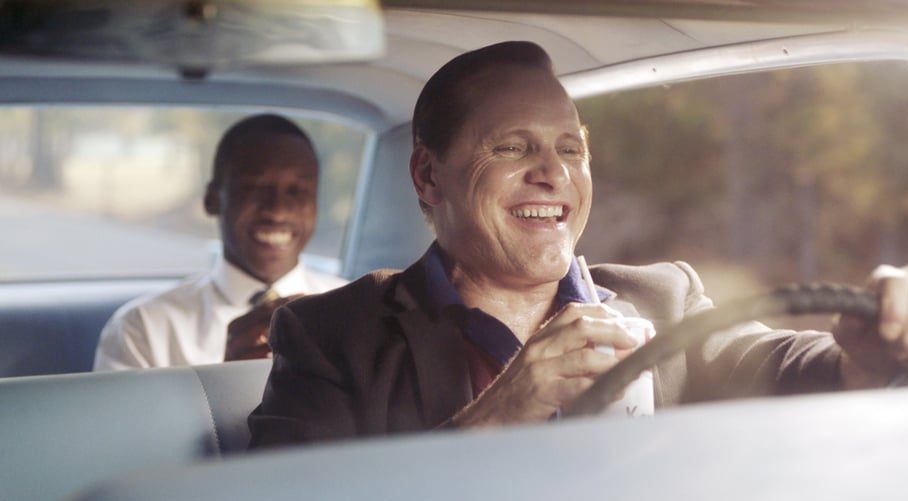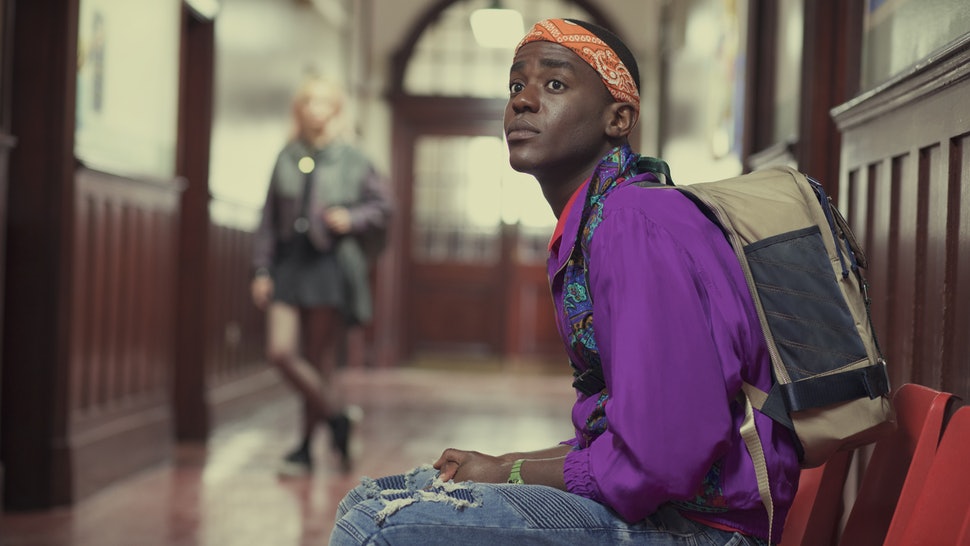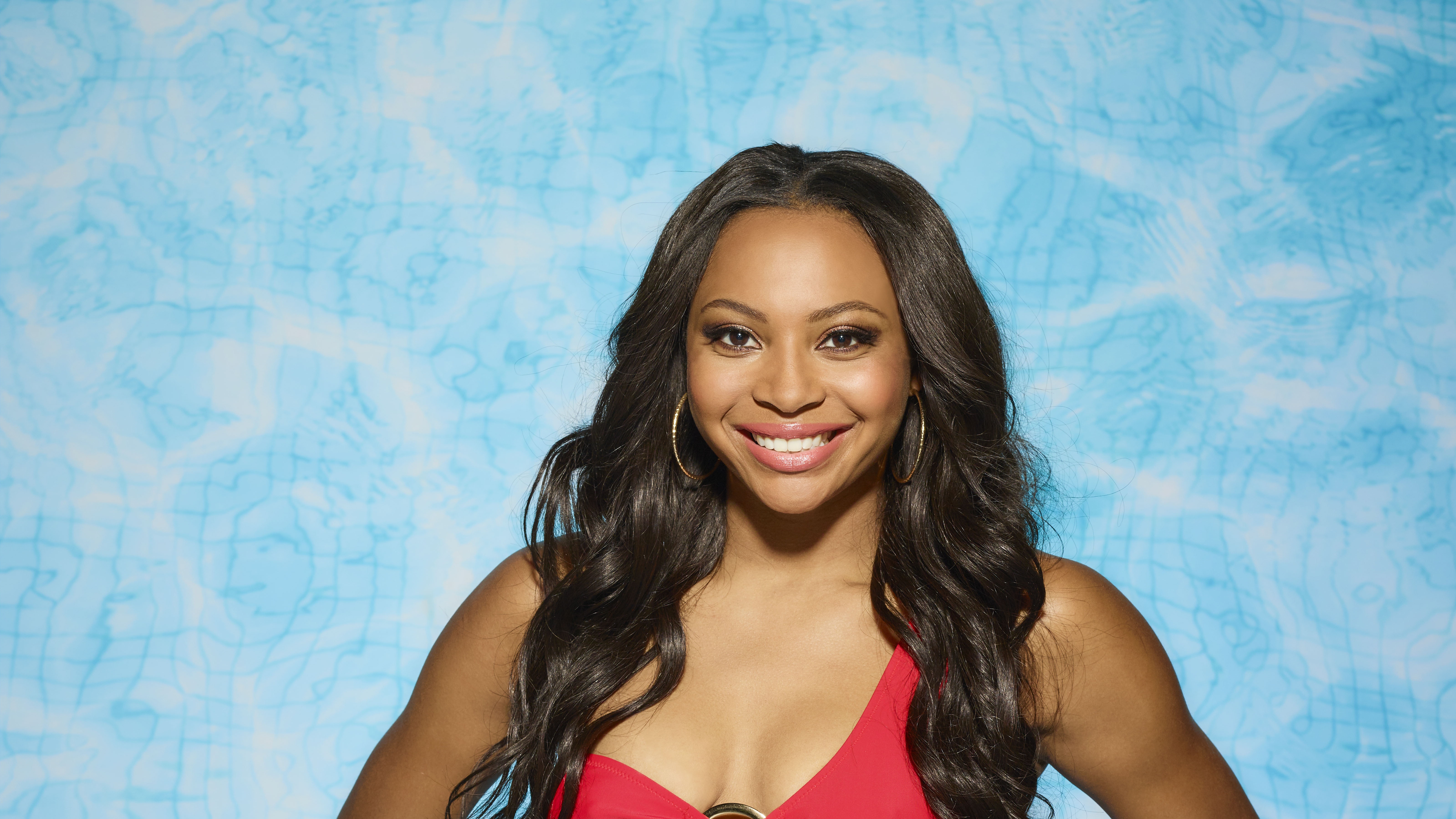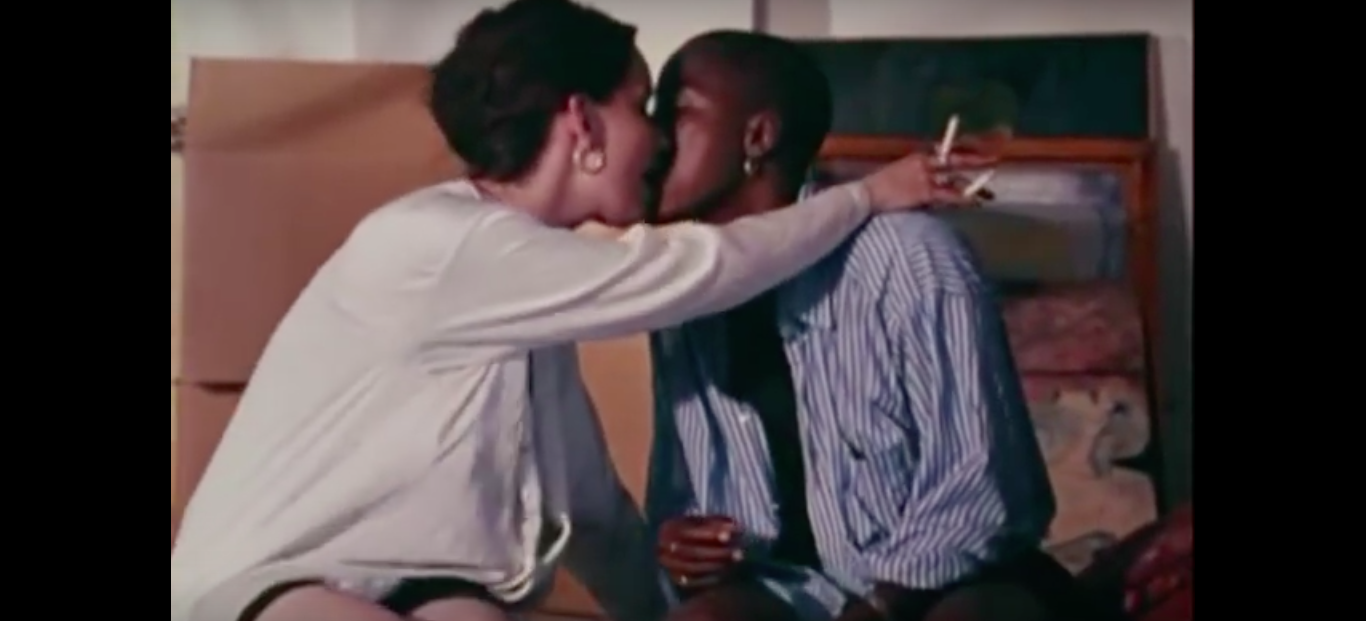
As not only a writer but also a programmer for a film club that focuses on showing films with good depictions of women of colour (AKA films nobody has seen…), I feel it is my duty to routinely bring films to people’s attention. If you were anywhere in my various internet peripheries from around June to September last year, you may have heard me mention a little film called The Watermelon Woman, which together with The Bechdel Test Fest, Reel Good Film Club hosted two sold-out screenings of.
For those coming into this having not seen it, here’s a brief rundown of the film’s plot: Cheryl Dunye, the film’s writer/director, plays Cheryl, a video store clerk and filmmaker who in her search for some decent films about women of colour, stumbles across a woman in an old plantain film credited as simply ‘The Watermelon Woman’. Struggling artist like the rest of us, Cheryl’s finally given some impetus to make a film, and sets out to document her search to find out who the Watermelon Woman is. Along the way, Cheryl’s love life is also discussed, as she goes on a terrible date where a potential girlfriend tries to woo her with a karaoke version of Minnie Riperton’s Lovin You that has to be seen to be believed, and ends up in a relationship with a white customer at the video store, Diana.
I’ll keep the ‘love stuff’ to a minimum, as there’s so much more I want to discuss when it comes to the film. Cheryl and Gwen’s love story never feels fully realised, but I think that’s in part because the film has so much to say, and also because it’s hardly the most unique love story in the film. However, as a child of mixed parentage, it’s also a delight to see an interracial couple on-screen (I’m still fuming about how close we came with Star Wars, but yes, I know there are more films, and more chances for interracial romance to happen…) and the discussions, both in and outside of the film that come with this.
Let’s talk about sex. For those who like a good sex scene in cinema, I’d score this one pretty highly. Cheryl and Diana’s first sexual encounter is pretty explicit, yes, but there’s no way it can ever be argued that it panders to the ‘male gaze’. Dunye is in control at all times, both in front of and behind the camera. Here she gives us a sex scene that is many things – erotic, undoubtedly, but also beautiful, tender and sweet – essentially the antithesis of the frenzied show for the male gaze that we get in Blue is the Warmest Colour.
The film is a revelation in many ways. For one, it’s the first feature film directed by an African American lesbian. It’s also the film that I, as a woman of colour, have desperately needed and waited for, without ever knowing it. The film attacks so many facets of the film industry, that if it was made today, rather than in 1996, it would be treated with the same ‘hot topic’ status that films such as Dear White People and Straight Outta Compton were labelled with. Where are all the black women in film? Dunye repeatedly asks us.
If this seems a little too heavy worry not, because the film is also really funny. Listening to a full audience laughing out loud at the film is one experience that I’ll never forget. What’s even better is that the film’s humour works on so many levels, for example the aforementioned karaoke scene and Cheryl’s snarky friend Tamra are definite crowd pleasers, but there are little jokes peppered into the script that you’ll only know if you’re in ‘the know’. When I watched the film at university, (the only feature film by a black female director that we’ve ever studied!) I laughed aloud in delight at scenes where Cheryl interviews people and they talk about Rosie Perez, and the fact that her local gay bookshop is called Giovanni’s Room.
What’s bitterly ironic and disheartening is that a film about a woman of colour investigating the erasure of women of colour in film is hella expensive to buy. This, it sadly seems, is our plight in life, to slip through the margins in between Godard and Kubrick boxsets. But before I get too maudlin (and I’m writing this at 8.30am with not nearly enough food or tea in my system so I think I’m allowed to be) let me reiterate what I’ve been trying to say. As I hope to prove with this film club, there are films out there that are made directly for women of colour to consume. Of those that I have seen, I hold The Watermelon Woman to be one of the absolute best, because for a first feature it’s fully realised, funny and says so much. So if you can find it, watch it. If you’ve got a film club, screen it. If you’ve got a room full of mates and microwave popcorn, watch it all together and enjoy it. If you’re a lecturer, be creative and show it on your course- teach it. As is the message of the film, for goodness’ sake don’t forget it!

